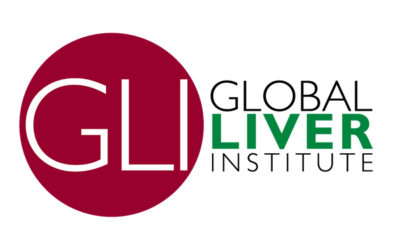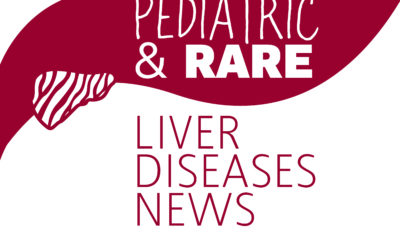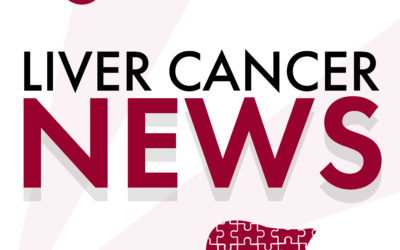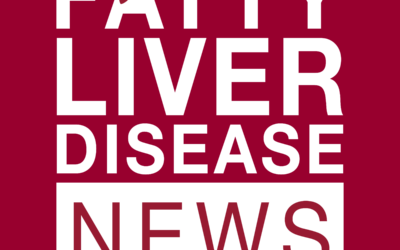Leading health organizations, policymakers, and public health advocates will come together during the 78th World Health Assembly (WHA78) for a pivotal side event titled “Together for Better Liver Health – Strengthening Public Health Responses to Metabolic Disease”.
Global Liver Institute
GLOBAL LIVER INSTITUTE
The Frontline Role of Primary Care in Hepatitis B Care
Chronic infection of the liver by hepatitis B virus (HBV) remains a significant public health concern in the U.S. and around the world, particularly among at-risk populations.
Congress returns with budget reconciliation at the top of the to-do list. – Liver Health Policy Update
Key House authorizing committees are slated to kick off markups on their respective budget reconciliation instructions that will be combined into a single reconciliation bill.
Big Wins for Rare Liver Disease: New Codes, Drug Approvals, and Global Advocacy – Pediatric and Rare Liver Diseases News
The introduction of new, dedicated ICD-10 diagnosis codes for Fontan-associated conditions in the U.S. Centers for Medicare & Medicaid Services (CMS) FY 2026 IPPS Proposed Rule marks a significant step forward for patients who have undergone the Fontan procedure.
Treatment Advances & Prevention Research – Liver Cancer News
Global Liver Institute brings you key updates in liver cancer research and treatment.
Liver Health Insights, Events, and a Global Challenge – Fatty Liver Disease News
I recently conducted a workshop titled: Advanced Strategies: Navigating Credible Research and Accessing Clinical Trial Opportunities, as part of GLI’s A4 ,program with a focus on clinical research participation.
GLI Statement on the CMS 2026 Medicare Advantage and Part D Final Rule on Anti-Obesity Medication Coverage
On Friday, April 4, 2025, the U.S. Centers for Medicare and Medicaid (CMS) released the 2026 Medicare Advantage and Part D Final Rule and decided not to finalize the proposed rule to extend obesity treatment coverage to Medicare and Medicaid beneficiaries.
Administration focuses on health program consolidations and terminates more federal employees, leaving some key health programs without staff – Liver Health Policy Update
Medicaid cuts are still under consideration in Congress as the House pushes for the Senate to accept its version of a budget reconciliation package.
Advances in Treatment, Diagnosis, and Care – Liver Cancer News
Join us on Monday, April 21, 2025, at 3:00 PM PST | 6:00 PM EST for GLI’s Liver Cancer Lessons: Liver Disease Prevention Through Nutrition, an educational webinar that discusses the impact nutrition has on liver health.
Meet Our New Fatty Liver Disease Program Director! – Fatty Liver Disease News
Global Liver Institute is excited to announce the appointment of Dr. Sharon Jaycox as the new Fatty Liver Disease Program Director.
MiKayla Chapman’s Experience with the Rare Science Fairs – Pediatric and Rare Liver Diseases News
Growing up in rural Mississippi, MiKayla believed that opportunities in science were reserved for people from well-connected backgrounds.
Proactive Protection of the Liver Health of Asian Americans
Hepatitis B is a liver infection caused by the hepatitis B virus (HBV) that can cause long-term (chronic) disease. Chronic hepatitis B can lead to serious liver damage – including scarring (cirrhosis), liver failure, and even liver cancer.






